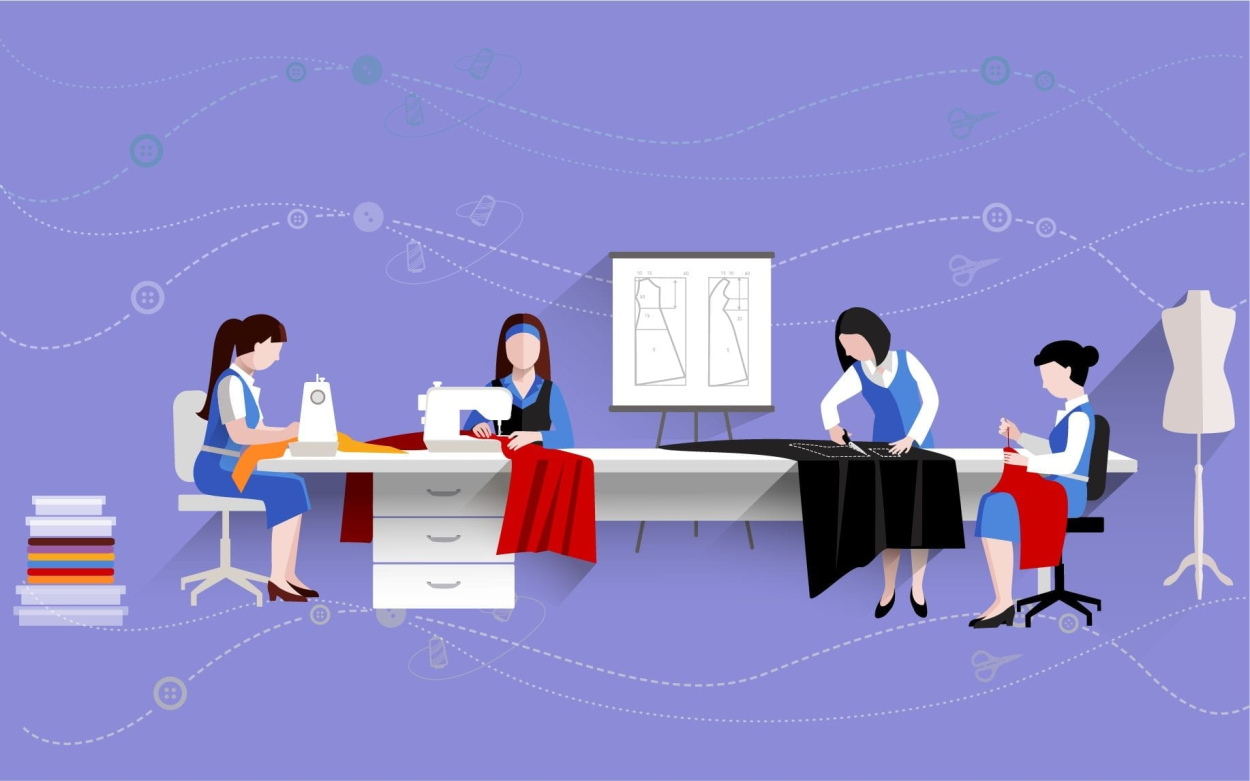
Universal Design is the practice of designing products, services, and environments that are usable by people of all abilities and ages. To become a successful Universal Designer, you should possess a range of skills and qualities that will enable you to create inclusive designs that meet the needs of diverse users. Here are the top 10 skills and qualities needed to become a Universal Designer:
Empathy: Universal Design requires a deep understanding of users' needs and challenges. Empathy allows designers to put themselves in their users' shoes and design products that meet their needs.
Communication: Effective communication is essential for Universal Design. Designers need to communicate their ideas clearly to clients, team members, and users.
Collaboration: Universal Design involves working with a variety of stakeholders, including designers, engineers, clients, and users. Collaboration skills are crucial for ensuring that everyone is on the same page and that designs are inclusive.
Creativity: Universal Design requires creative solutions that meet the needs of diverse users. Designers need to be able to think outside the box and come up with innovative solutions to design challenges.
Technical skills: Universal Design often involves working with technology. Designers need to have strong technical skills to create accessible digital products and services.
Knowledge of accessibility standards: Universal Design requires knowledge of accessibility standards, such as the Web Content Accessibility Guidelines (WCAG). Designers need to know how to apply these standards to ensure that their designs are inclusive.
Attention to detail: Universal Design requires a keen eye for detail. Designers need to pay close attention to every aspect of their designs to ensure that they are inclusive and accessible.
Problem-solving: Universal Design involves solving complex design challenges. Designers need to be able to identify problems and come up with solutions that meet the needs of diverse users.
Flexibility: Universal Design requires flexibility and adaptability. Designers need to be willing to adapt their designs to meet the needs of different users and environments.
Cultural awareness: Universal Design involves designing for people from diverse cultural backgrounds. Designers need to have an understanding of cultural differences and design products that are sensitive to these differences.
By possessing these skills and qualities, you can become a successful Universal Designer and create designs that are inclusive and accessible to all users.